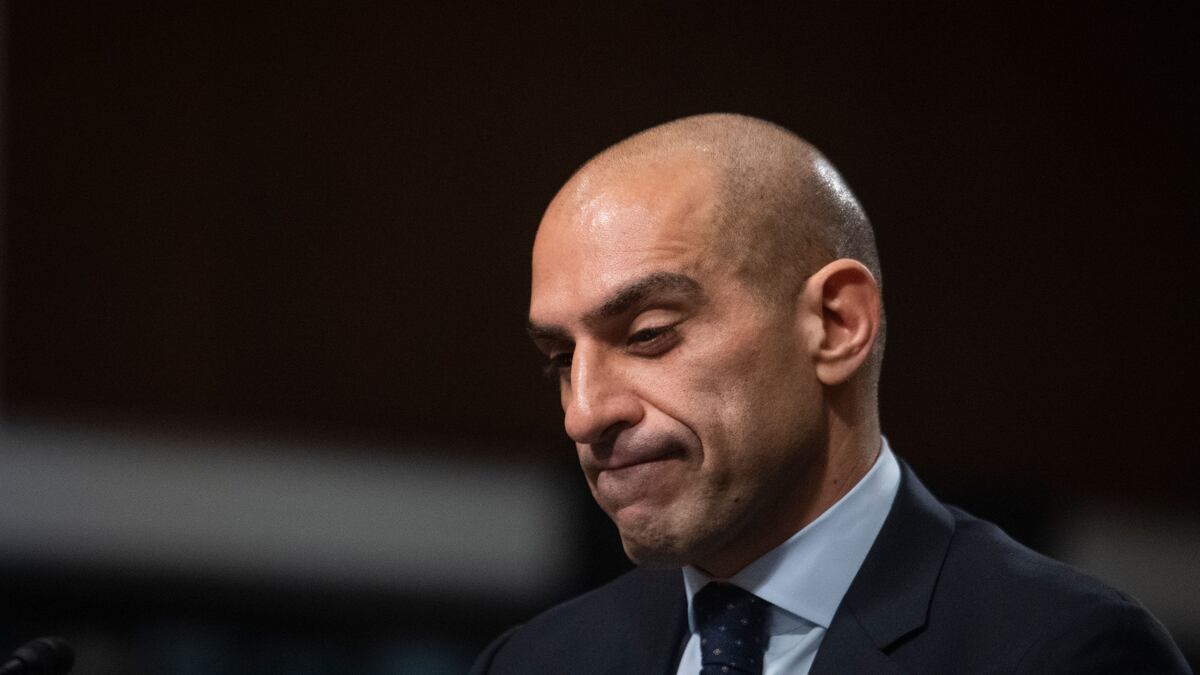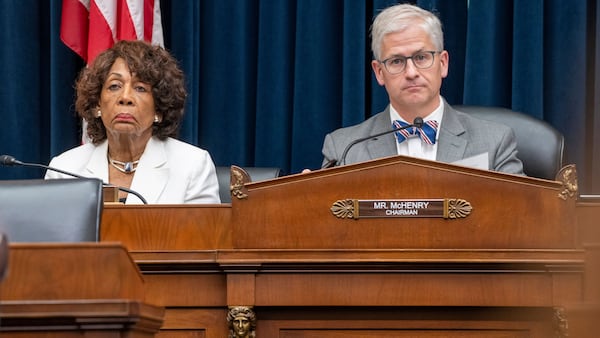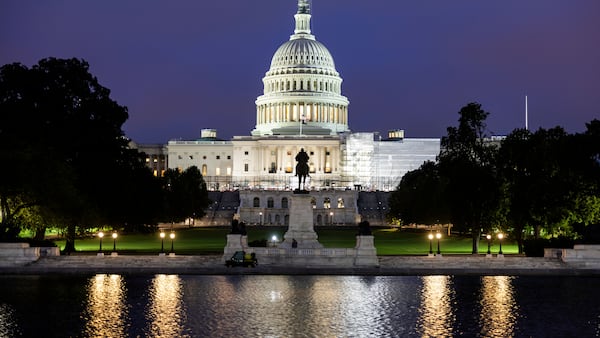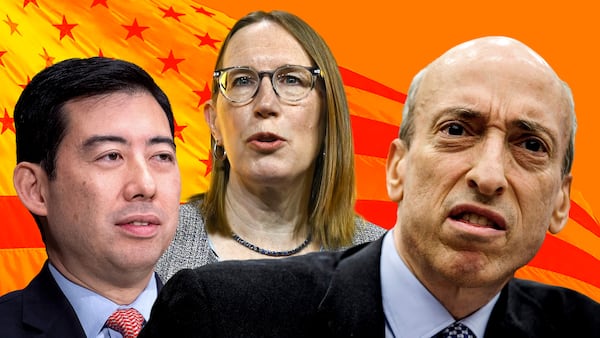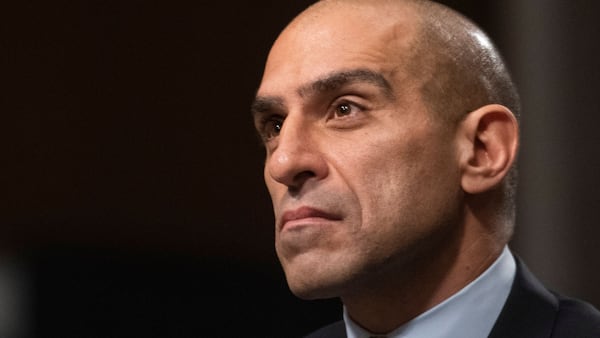- CFTC Chair Rostin Behnam will leave his post later this month.
- He is the latest crypto markets regulator to announce his departure.
- People with ties to crypto have been nominated or are rumoured to be leading the race to lead the agencies.
Turnover among US regulators continued its blistering pace this week as Rostin Behnam, head of the Commodity Futures Trading Commission, said he’d leave the commission in February.
The exodus is part of the typical turnover that takes place before new administrations enter the White House.
But it will make it easier for President-elect Donald Trump to make good on campaign promises to run the most crypto-friendly administration ever.
The tenures of some of the outgoing regulators are set to run well past Trump’s January 20 inauguration.
The announced departures clear the way for a raft of new regulators, some with ties to the industry.
Here’s a rundown of the resignations that have been announced so far.
Rostin Behnam, CFTC
Behnam will step down as CFTC chair on Trump’s inauguration. He will resign from the commission on February 7.
Trump hasn’t announced Behnam’s replacement, but news reports have named Brian Quintenz, a former CFTC commissioner and the head of policy at venture capital firm Andreessen Horowitz’s crypto arm, as a top contender.
The CFTC regulates commodities and derivatives, which is typically the purview of professional traders.
It, and the Securities and Exchange Commission have long been vying to be the US’ top crypto watchdog — although both agencies tend to reject the notion of them fighting a turf war. The SEC regulates assets like stocks and bonds.
Some consider the CFTC to be friendlier than the SEC. The latter has filed more lawsuits against crypto companies over the years. Still, the lawsuits the CFTC did file incensed some industry attorneys.
Last year, the House Of Representatives passed FIT 21, a bill designed to end the agencies’ “food fight for control” of crypto, in the words of a bill co-sponsor.
That’s because FIT 21 grants the CFTC more jurisdiction over the sector, including unprecedented power over spot markets.
Although the bill died in the Senate, lawmakers will attempt to pass a major crypto bill within Trump’s first 100 days in office, according to Congressman French Hill.
Gary Gensler, SEC
SEC Chair Gary Gensler will also resign on January 20.
The former Goldman Sachs executive — and head of the CFTC under President Barack Obama — took charge of the SEC in April 2021. His many clashes with the crypto industry came to mark his tenure, including lawsuits against the likes of Coinbase and Binance.
Over half of the crypto-related enforcement actions the SEC has taken since 2015 have come under Gensler’s leadership, according to crypto venture capital firm Paradigm.
Crypto stakeholders, and their allies among Republican lawmakers have celebrated the news of Gensler’s resignation.
Trump has chosen Paul Atkins, co-founder of consulting firm Patomak Global Partners and a former SEC commissioner, to lead the agency.
Atkins has several ties to the crypto industry. He serves on crypto lobbying firm The Digital Chamber’s the board of advisors, and co-led its Token Alliance initiative, an effort to develop “best practices for digital asset issuances and trading platforms.”
He also serves on the advisory board of Securitize, the transfer agent for BlackRock’s Ethereum-based tokenised money market fund.
Michael Barr, Federal Reserve
On Monday, Michael Barr, the top banking regulator at the Federal Reserve, said he will step down on February 28 or earlier if a successor was confirmed in order to avoid “risk of a dispute” over his position once Trump takes office.
The president-elect has vowed to slash regulations and considered axing Barr, according to the Financial Times.
Barr has served as vice chair for supervision since July 2022. The position was created in the wake of the Great Recession.
Some in crypto have fingered the central bank as a key participant in an alleged attempt to “debank” the crypto industry.
Barr had previously rejected suggestions that he resign before his term ends in 2026, BBC reported.
Martin Gruenberg, FDIC
The Federal Deposit Insurance Corporation has found itself at the centre of the crypto debanking debate. Industry pundits accuse the regulator of choking off crypto companies from the traditional financial market.
Court documents released in January suggest that the FDIC has asked banks to pause dabbling with crypto, but not to completely halt those operations, Reuters reported.
Industry stakeholders cheered in May when longtime chair, Martin Gruenberg, announced his resignation after an investigation found he’d presided over a toxic workplace rife with sexual harassment. In November, Gruenberg said he’d step down on January 19.
The FDIC’s Republican Vice Chair, Travis Hill, will become the board’s acting chair upon Gruenberg’s resignation.
Hill is considered a top contender for Trump to nominate as the board’s permanent chair, Politico reported.
Aleks Gilbert is a New York-based DeFi correspondent for DL News. You can reach him at aleks@dlnews.com.


